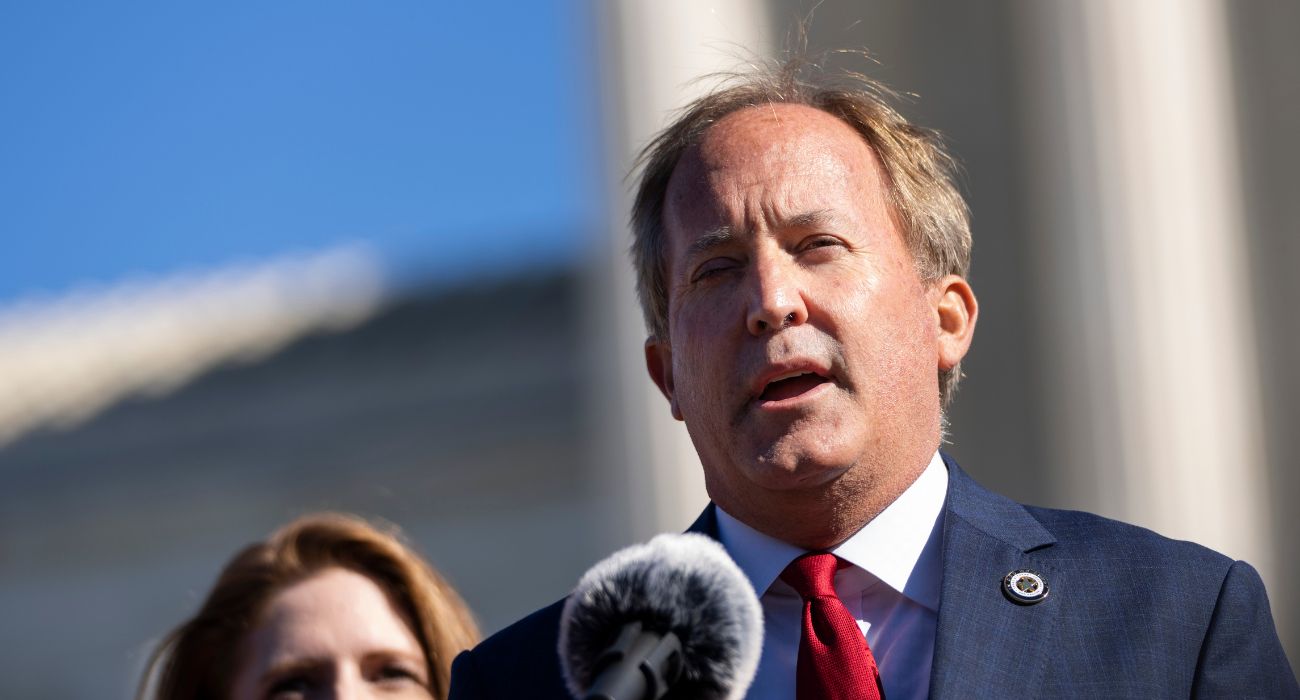Due to sanctions on Russia, gas prices in the United States have jumped nearly 20% in a week and a half to become the highest they have ever been.
After Russia’s invasion of Ukraine, global sanctions have minimized Russia’s ability to export crude oil to other countries.
Companies such as Shell and BP initially made the individual decision to cease their operations in Russia, contributing to a noticeable increase in the price of oil. However, on March 8, President Biden banned U.S. imports of Russian oil products altogether, exponentially driving up the price.
In July 2008, U.S. gas prices hit a then-record high of $4.114 per gallon as oil soared to $147.27 per barrel. The U.S. has now broken that record.
According to AAA, regular-grade gas prices hit an average of $4.318 per gallon on Thursday, a 19.8% increase from $3.604 on the last day of February, and a 56.4% increase from the same day a year ago.
The most expensive gas in the country today is in California, at $5.694 per gallon, followed by Nevada at $4.872, Hawaii at $4.810, and Oregon at $4.722. The lowest price is in Kansas, at $3.817.
“As the conflict between Russia and Ukraine continues, crude prices soar, leading to higher pump prices in the U.S,” said AAA in a statement. “Increasing oil prices play a leading role in pushing gas prices higher.”
The increase in prices comes as U.S. consumers face the highest inflation rate in decades. Gasoline had already become more expensive before Russia invaded Ukraine on February 24, as prices were beginning to rebound after hitting a slump during the pandemic when supply was slow.
Oil prices will likely continue to climb depending on what additional supply becomes available to replace the lost export from Russia. Before the sanctions, Russia exported around 7 million barrels per day, supplying about 7% of the world’s oil and oil products.
The Biden administration has stated it is looking for substitutes for Russian oil. The administration is currently urging Saudi Arabia and other members of OPEC to boost production, as well as talking with Venezuela and considering easing limits on its oil exports.
It remains to be seen if other countries will continue to purchase oil from Russia, which could mitigate the rise in prices.






